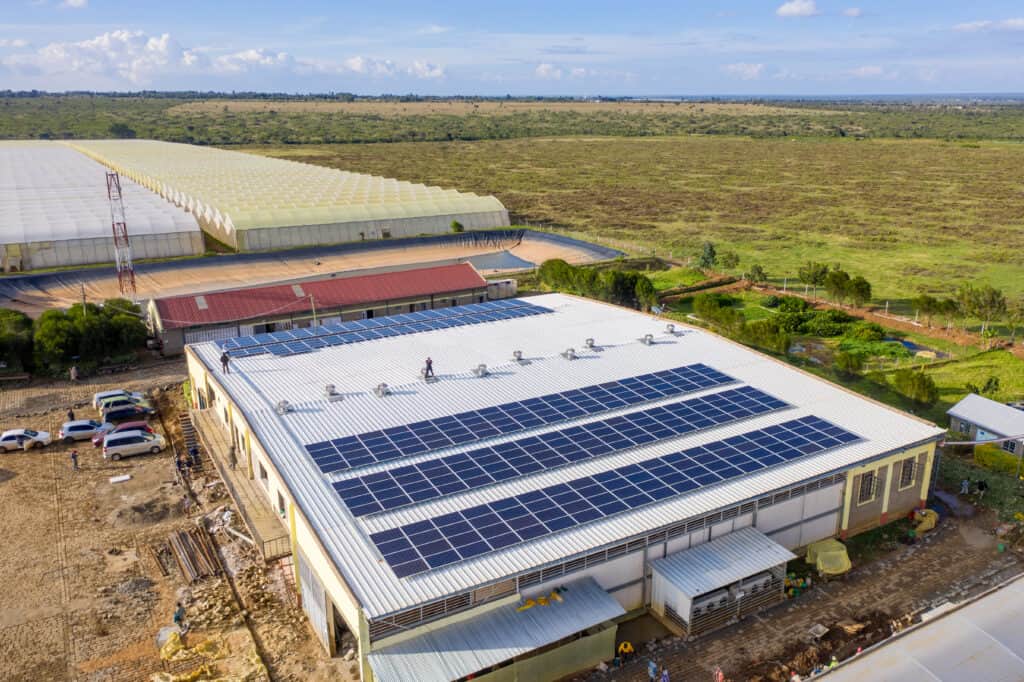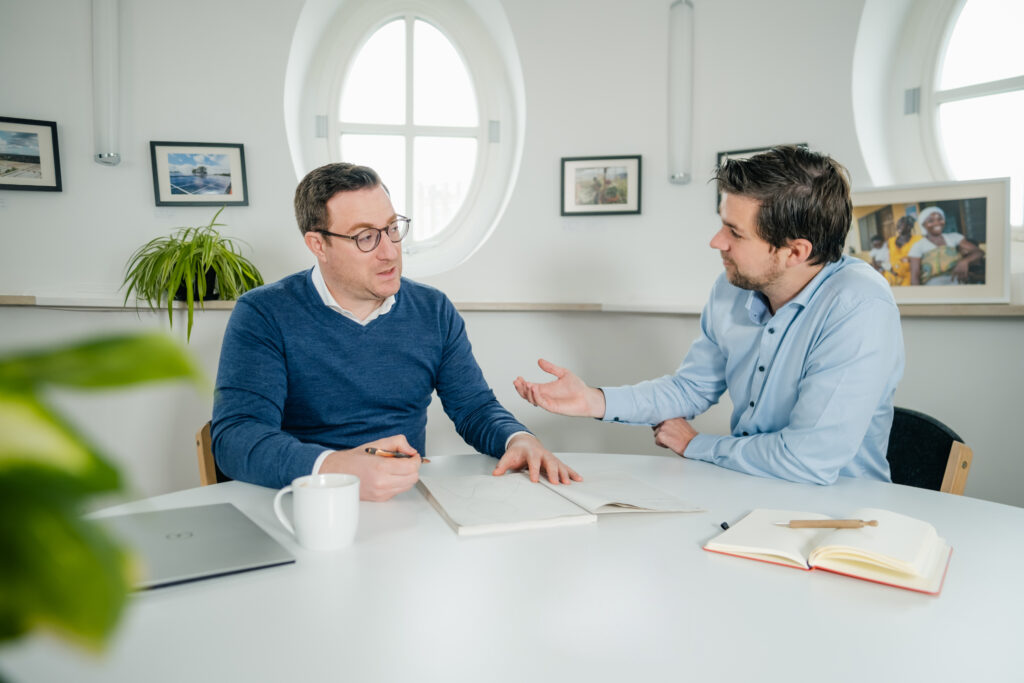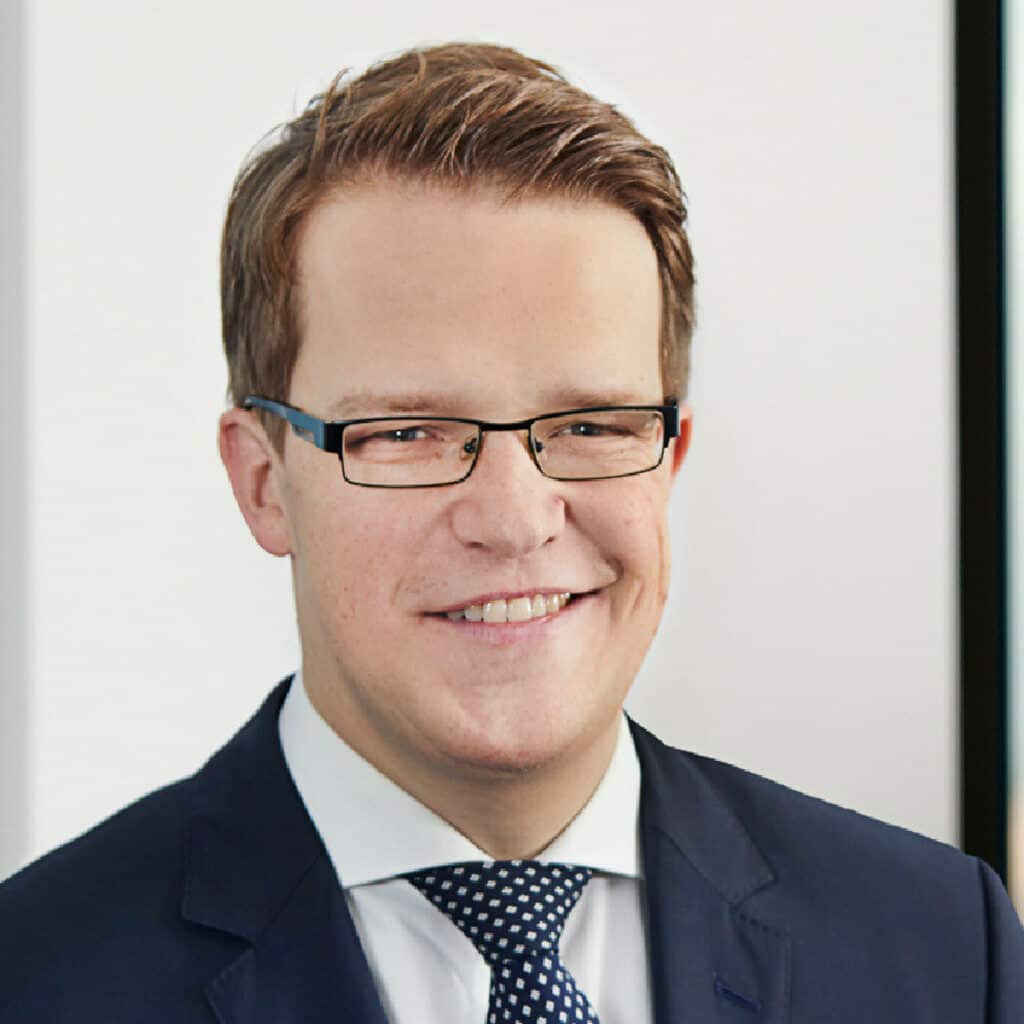How to turn political initiatives into action: G20 Compact with Africa
In light of the G20 Summit in Hamburg this week, ecoligo gives concrete recommendations to political leaders on how to bring the G20 Africa Partnership initiative into action.

Three weeks ago, ecoligo co-founder Markus Schwaninger was invited to participate at the “G20 Africa Partnership Conference: Investing in a common future”. This event took place from 12-13 June in Berlin. Here is his take on the conference and recommendations for turning the political initiatives into tangible action.
Let me start by quickly giving you the background on this initiative.
Germany, who runs the current G20 presidency, has launched the G20 Africa Partnership to support private investment, quality infrastructure (e.g. access to renewable energy), and employment in African countries.
The Partnership, which is also referred to as “Compact with Africa”, focuses only on selected African countries. Currently, these are Ghana, Ethiopia, Senegal, Cote d’Ivoire, Tunisia, Morocco, and Rwanda. You might ask, how we select these countries? The approach is demand-driven. This means that countries must apply a set of measures to achieve the goals of the initiative.
An interesting aspect of this initiative is that we can view it in the context of addressing root causes of migration. This is not a hidden agenda. European political leaders, such as German Chancellor Merkel in her opening speech, state it explicitly . She made it also very clear that this is not an initiative for Africa. It is rather with Africa that comes with both-sided responsibilities and objectives. For example, fighting migration to Europe through stability and security in Africa.
The pillars of the initiative
Pillar 1: Strengthening the framework for private finance and investment.
Desired outcome: Improve the macro, business, and financing framework for private investment, including infrastructure.
My take: Sounds promising. However, let’s see which concrete actions would follow out of this pillar that facilitate private investments on the continent.
Pillar 2: Developing quality infrastructure, e.g. access to renewable energy
Desired outcome: The G20 could support sustainable infrastructure growth through knowledge sharing on quality infrastructure investment and the sustainable management of natural resources.
My take: They formulated very vaguely so far and only includes “could do” instead of “will do”. From my perspective, this second pillar is very much related to the first pillar.
The key to developing infrastructure projects in finance. Infrastructure projects are highly capital intensive and require patient capital, as the payback periods are rather long-term. That’s why, a stable investment framework is so crucial for infrastructure projects. If projects are financed in a commercial way (without development aid money or grants), quality will be a side-product as investors will use qualitative components to achieve the desired returns. However, low quality would put their investment at risk.
Pillar 3: Assuming responsibility
Envisaged outcome: Taking responsibility for ensuring equal rights and transparency.
My take: As this is not my area of expertise, I leave it up to others to comment on this. More information on the background of the initiative and its pillars can be found here.

My recommendations
The G20 Africa Partnership Conference that I attended didn’t provide any concrete steps how to put the initiative into action. Even the breakout sessions have been only high-level talks. Therefore, I have formulated three concrete measures:
1. Focus on decentralized infrastructure projects:
Most political initiatives end up in a few flagship projects, often multi-billion USD infrastructure projects. This is not a sustainable way to build up infrastructure and is not scalable. After one project, typically nothing follows.
Priority should be given instead to decentralized scalable approaches that can be implemented in every city and/or community. In energy infrastructure, on-grid and off-grid decentralized approaches are faster to implement and directly benefit the end-consumers in the region.
2. Concentrate on currency risk mitigation:
Currency risks are still one of the biggest challenges in most African markets. While for multi-billion USD infrastructure projects the currency risk is often transferred to the government (or public utility to be precise) and revenues from these projects are typically agreed in USD, it is often not possible to find to generate hard currency revenues in decentralized infrastructure solutions. This is because you deal with parties such as small and medium-sized enterprises (SMEs) that often only generate their income in local currency. Thus, taking the currency risk would be expose these players to a high market risk.
Currency swap solutions such as publicly initiated “the currency exchange fund (TCX)” is offering would be the solution to absorb foreign exchange risks. The problem is the following: TCX needs to mitigate its own credit risk exposure (which is understandable) with the consequence that only counterparties with an S&P credit rating of at least AA can make use of its services. Therefore, the offer is available for the big corporations but not small innovative companies active in Africa.
The solution could be that TCX also accepts third-party guarantees. The government agencies could therefore set up an application procedure for smaller companies without an AA credit rating to still allow them to participate in currency risk mitigation measures. The application process could also include the Compact with Africa goals such as increase access to renewable energies as a condition.

3. Open markets for infrastructure:
To accelerate the development of infrastructure, the market needs to be open for private companies with low entrance barriers. In terms of energy infrastructure, private companies need to be able to generate and sell energy to whomever they desire to and charge a bilaterally agreed price. It is not the role of the government to regulate this price or set the selling of energy between to private parties under other conditions.
End consumers (whether private households or companies) should be free to choose their energy supplier. Governments can support decentralized power generation by implementing regulations such as net-metering, which allows households and companies to feed-in surplus power to the grid and get a compensation for it.
Closing remarks
The principle of the initiative is good: development aid-financed infrastructure will not help the countries to develop sustainably. Instead it will lead to the exact opposite by destroying free, competitive markets. However, When I read quotes from the Minister of Finance in Ghana stating “They (the Germans) also said here is another 100 million Euros, do something with it.” I become worried that this initiative is not linked to concrete actions.
The initiate can only be successful if concrete action follows. In light of this, I strongly advocate for enabling private investments to scale up infrastructure development and build long-term job opportunities in these countries. As ecoligo’s vision is to accelerate the global use of zero CO2 solutions to secure a sustainable energy future, we are glad to play our part in that.
Related Posts
ecoligo receives 11 million euros in capital for continued growth
Berlin, 28.02.2024 The impact firm ecoligo has successfully completed an oversubscribed financing round of 11 million euros. This infusion of capital was…


